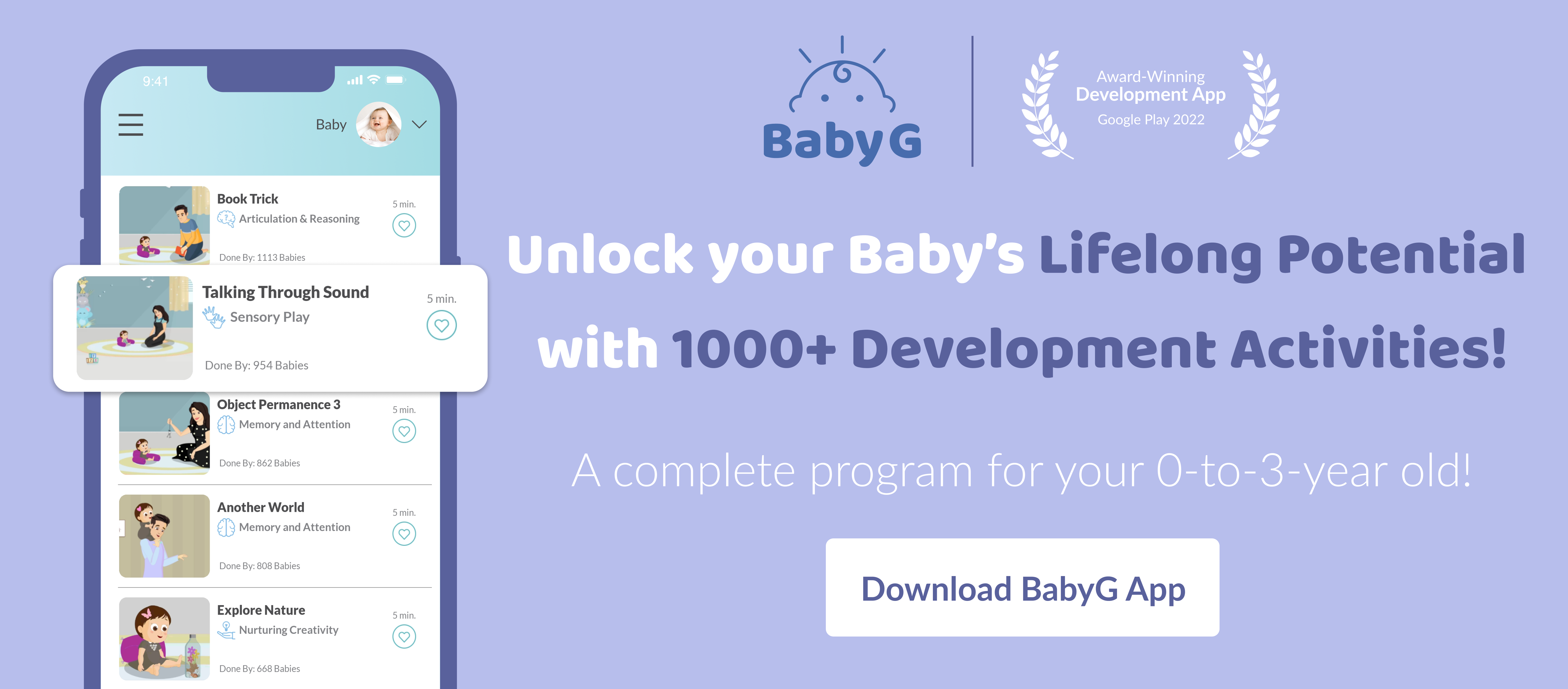
Now, most parents already know that almost 80% of brain development happens in the first three years of life. That said, at three months old, your infant is just opening their eyes to the new world you’ve brought them into. While there might not be a lot of dynamic things they are equipped to do, they are sponges to the sensory information you introduce them to. Let’s delve deeper into how these baby brain development activities 0-3 months help an infant.
Do activities help baby's brain development between 0-3 months?
Newborn babies are a blank canvas in terms of experiencing the world. And we, as parents, have a vital part to play in this.The elements that you introduce them to are essentially opportunities for them to explore and understand their environment. Furthermore, when they see you interact with an object, they gain additional information than their own, be it in terms of affects or even emotions.
That said, you might want to keep these brain development activities for infants simple and sensory initially. Another thing is to always make sure these activities are supervised. As your baby grows, you can introduce activities that encourage a social smile and even build a routine.
Best baby brain development activities for newborns
At one month or younger, there’s not a lot your baby can focus on. They can see you and the contrasting pattern elements about three feet away. You will notice and want to exercise a lot of their reflexes during this time. Talking them through these baby brain development activities 0-3 months always helps.
This activity is quite simple; it requires a black and white checkerboard or chessboard, which you can attach to a mobile or a wall. Make sure it is clearly visible to your baby. We are making use of black and white patterned boards because these shades are much clearer than other colors at this age. This exercise will help your child focus on the objects and stimulate their brain with visual patterns.
Frequency: Make this a part of your daily routine.
Here’s something you can do when you are just lazing around with your young one. Simply touch your baby’s head, eyes, ears, nose and mouth as you enunciate these words. You can even explain what these parts do, playfully engage your newborn in a conversation, and their excited eyes will do the talking for them. You can repeat this a few times every day.
Frequency: Every week, 3 to 4 times, for a month
This one will help you tick off an important milestone for your newborn. Take hold of a rattle and keep it within the eye line of your baby. Now, slowly move it to the right; she will be able to track it with her eyes. Repeat the same for the left and several other directions, enabling her to follow the sound of the rattle.
Frequency: Once a day for a week
Sensory play is an amazing tool for newborns to gain a sense of their surroundings and themselves. This is an interesting activity to help with the same. First, place your baby on a clean mattress in a comfortable position. Next, take a hand fan and blow air on her face, hands, and legs, and check for her expressions or reactions. She should feel the shift in the air blowing on her.
Frequency: 3 to 4 times during the week
Best baby brain development activities for 2 months
By now, you are going to be your little ones favorite person. They are comfortable with you and are eager to hear your voice. Here are a few brain development activities for 2 month old you can do at this time:
Select a simple rhyme and act out the words to the rhyme. Renact this every day so that your child relates all the words to their specific action. This will help build our child's memory when she sees the same action being repeated with the words. The goal here is to get your child to explore, so do not worry if they take their time engaging with the activities.
Frequency: Make this a part of your daily routine.
Take your baby in your arms and give him a tour of his surroundings. This could include you talking to him while you point and show him elements in the room. Like the wardrobe, his toys, bed, etc. This will help him get a sense of his surroundings and become familiar with them.
Frequency: Every week, 3 to 4 times, for a month.
This is to confirm the development of the moro reflex. Essentially, it is a reflex reaction triggered upon being startled. To check, you can simply go near your child when they are asleep and make a small noise; you can drop a rattle, for example. Your baby should react by lifting and stretching their arms to ultimately curl both their arms and legs closer to them, demonstrating a fetal position.
Frequency: A few times.
Here is a great activity to perform while massaging your baby. As you do, you simply need to verbalize and tell me about their hands, legs, stomach, and so on.
Frequency: Once a day for 2-3 weeks
Best baby brain development activities for 3 months
Three months old is an exciting age. Most kids can track objects and will have started to explore their arms and legs with their mouths. They will showcase their reaction to you or an object by flailing their arms or showing excitement. These brain development activities for 3 months baby is how you can build on their development:
For this, you will need to take hold of two objects that make different sounds; these could very well be a rattle or a bunch of keys. Begin by shaking the rattle and then the bunch of keys. This will encourage your child to hear and distinguish between sounds. They may even stretch their arms to reach out and grab the objects. Keep changing the objects with varying sounds as you repeat.
Frequency: 3 to 4 times during the week
This could make a great bonding activity. Here's what you have to do during bedtime, once your baby is set to sleep, you could shower your baby with kisses. Now, as you do, you will need to name the body part while counting the kisses. Once it becomes a routine, your baby will anticipate the kiss as you sound out the name of the body part. But all of that will come in due time.
Frequency: Make this a part of your daily routine.
If you are looking for a bathtime activity, here’s one. While in the bath, pour some slightly warm water on your baby's left hand and cool water on the right. Remember, both should be at a temperature a newborn can manage. This will help them gain a perception of temperature differences early on.
Frequency: 3 to 4 times during the week
Introducing book reading and showing pictures early on helps stimulate a child's creativity, imagination, and linguistic skills. Make it a habit to read to your baby before she goes to bed. Show her the colorful pictures, vocalize the story, and encourage her to participate in baby talk.
Frequency: Make this a part of your daily routine.
You do not need a whole lot to encourage your baby’s cognitive development. The best brain development activities for infants are always going to be the ones that involve your baby and your active engagement. Try the ones in the article; skim through the ones on the BabyG app for more. Happy Parenting!



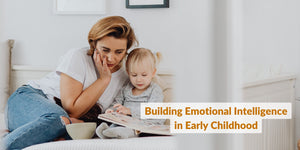
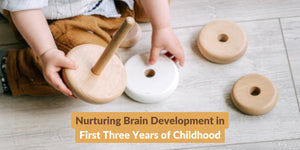


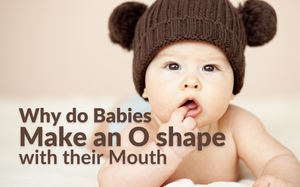
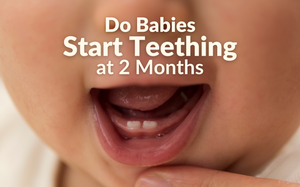
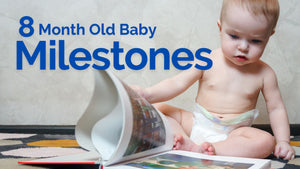
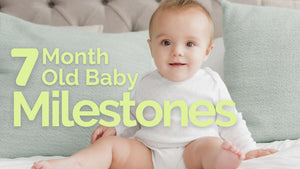
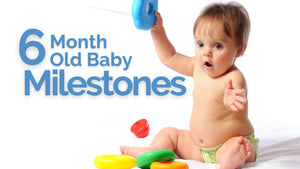

LEAVE A COMMENT